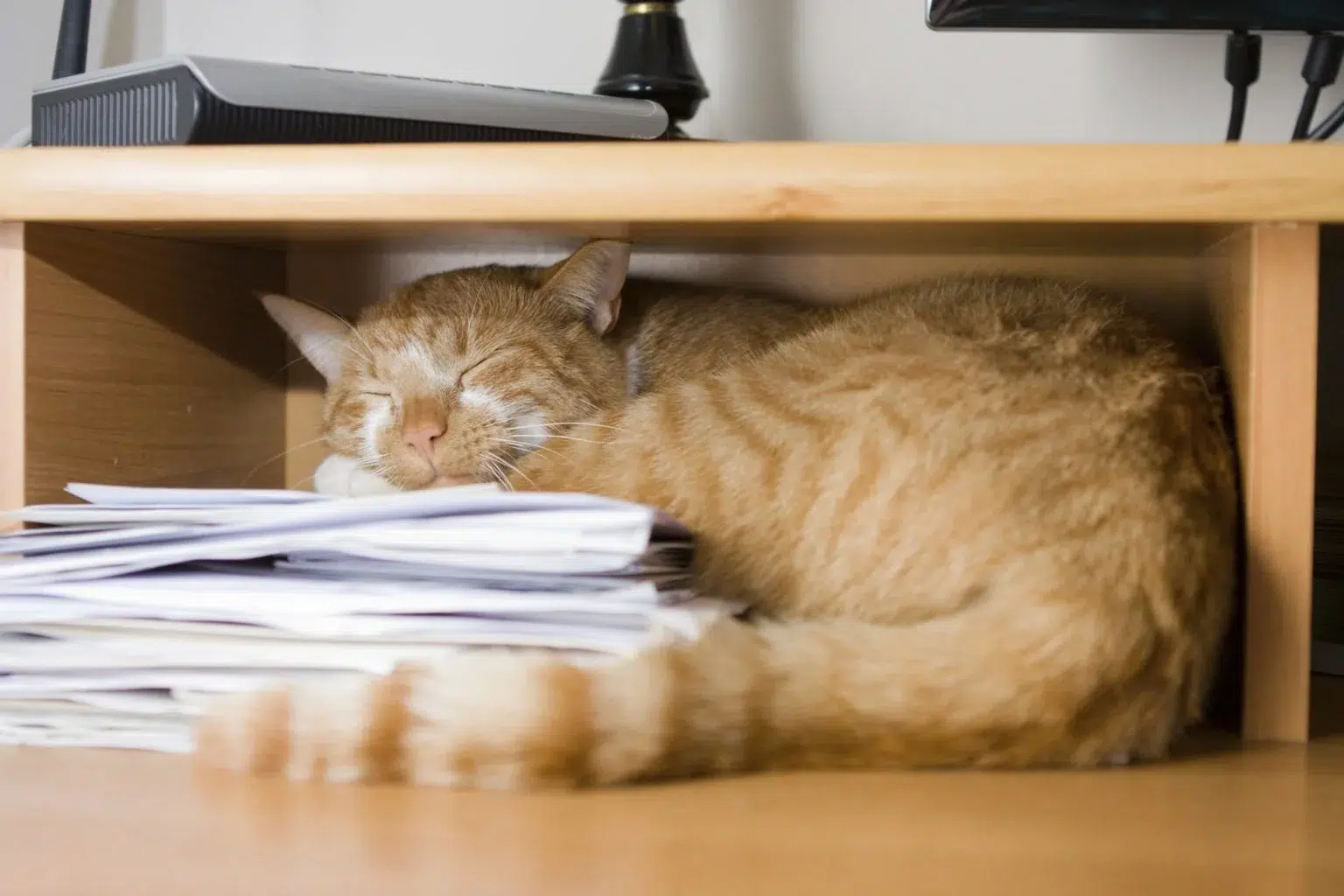Oysters are a delicacy enjoyed by many humans, but can our feline friends indulge in these delectable shellfish as well? As pet owners, it’s natural to wonder about the safety of feeding certain foods to our beloved cats. In this comprehensive guide, we’ll delve into the topic of cats and oysters, exploring various aspects such as smoked oysters, canned oysters, and more.
Can Cats Eat Smoked Oysters?
Smoked oysters are a popular variation of this seafood delicacy, but are they safe for our cats to consume? While some cats may be intrigued by the aroma and flavor of smoked oysters, it’s essential to approach this treat with caution. Smoking processes often involve the addition of salt and other flavorings, which may not be suitable for our feline companions. Additionally, the smoking process itself can introduce harmful compounds that could pose health risks to cats.
Is it Safe to Feed My Cat Canned Oysters?
Canned oysters are another option that pet owners may consider when thinking about introducing seafood to their cat’s diet. However, similar to smoked oysters, canned varieties may contain added ingredients such as salt or preservatives that could be harmful to cats. It’s crucial to carefully read the labels and ensure that any canned oysters you offer to your cat are free from harmful additives.
Are Smoked Oysters Safe for Cats?
The safety of smoked oysters for cats depends on various factors, including the ingredients used in the smoking process and the individual cat’s health and dietary needs. While some cats may tolerate small amounts of smoked oysters without any adverse effects, others may experience digestive issues or allergic reactions. As with any new food, it’s best to introduce smoked oysters gradually and monitor your cat for any signs of discomfort or illness.
Is it Safe for Cats to Consume Smoked Meat?
In general, smoked meats, including oysters, may not be the best choice for cats due to the potential presence of harmful additives and compounds. While cats are obligate carnivores and can safely consume certain types of meat in their natural state, the smoking process can alter the nutritional composition and introduce toxins that may be harmful to cats.
Can Cats Eat Raw Oysters?
Raw oysters pose additional risks to cats, as they may harbor harmful bacteria such as Salmonella or Vibrio vulnificus. Consuming raw seafood can increase the risk of foodborne illness in cats, leading to symptoms such as vomiting, diarrhea, and dehydration. It’s best to avoid feeding raw oysters to cats altogether to reduce the risk of foodborne illness.

Can Cats Eat Smoked Mussels?
Similar to smoked oysters, smoked mussels may not be an ideal choice for cats due to the potential presence of additives and toxins. While mussels themselves are a source of protein and nutrients, the smoking process may introduce harmful compounds that could pose health risks to cats. As always, it’s essential to consult with a veterinarian before offering any new foods to your cat.
Can Cats Eat Oyster Sauce?
Oyster sauce is a common ingredient in Asian cuisine, but it’s not suitable for cats. Oyster sauce typically contains high levels of sodium and other flavorings that could be harmful to cats if ingested in large quantities. It’s best to avoid feeding oyster sauce to cats and opt for cat-friendly alternatives instead.
Risks and Benefits of Feeding Smoked Oysters to Cats
Feeding smoked oysters to cats carries both potential risks and benefits. While oysters are a source of protein and essential nutrients, the smoking process may introduce harmful compounds that could pose health risks to cats. Additionally, the high sodium content in smoked oysters may not be suitable for cats with certain health conditions such as kidney disease or hypertension. It’s essential to weigh the potential risks and benefits carefully and consult with a veterinarian before introducing smoked oysters or any new food to your cat’s diet.
Conclusion
In conclusion, while oysters may be a tasty treat for humans, they may not be the best choice for our feline companions. It’s essential to prioritize your cat’s health and well-being by providing a balanced diet that meets their nutritional needs. When in doubt, consult with a veterinarian for personalized advice and recommendations tailored to your cat’s specific dietary requirements. Visit Cooper Pet Cares for more information and tips on ensuring your pet’s health and happiness.
Frequently Asked Questions
Are there any health benefits for cats from eating oysters?
While oysters are rich in nutrients such as protein, omega-3 fatty acids, and vitamins, the risks associated with feeding oysters to cats may outweigh the potential benefits. It’s essential to consider the potential risks, such as bacterial contamination and additives, before offering oysters to cats.
What should I do if my cat accidentally ingests oysters?
If your cat accidentally consumes oysters or any other seafood, monitor them closely for any signs of illness or discomfort. Contact your veterinarian immediately if you notice symptoms such as vomiting, diarrhea, lethargy, or difficulty breathing.
Can oysters be included in a homemade cat food diet?
While some pet owners may consider incorporating oysters into homemade cat food recipes, it’s essential to consult with a veterinary nutritionist or veterinarian to ensure that the diet meets your cat’s nutritional needs. Homemade diets must be balanced and complete to support your cat’s health.
Can cats develop shellfish poisoning from eating oysters?
Shellfish poisoning, such as paralytic shellfish poisoning (PSP) or neurotoxic shellfish poisoning (NSP), can occur in cats that consume contaminated shellfish. Symptoms may include weakness, paralysis, respiratory distress, and neurological symptoms. Seek immediate veterinary care if you suspect shellfish poisoning in your cat.
How should I introduce oysters into my cat’s diet?
If you decide to introduce oysters into your cat’s diet, do so gradually and in small amounts. Monitor your cat for any adverse reactions or digestive upset. If your cat tolerates oysters well, you can consider incorporating them into their diet occasionally as a treat, but always in moderation.